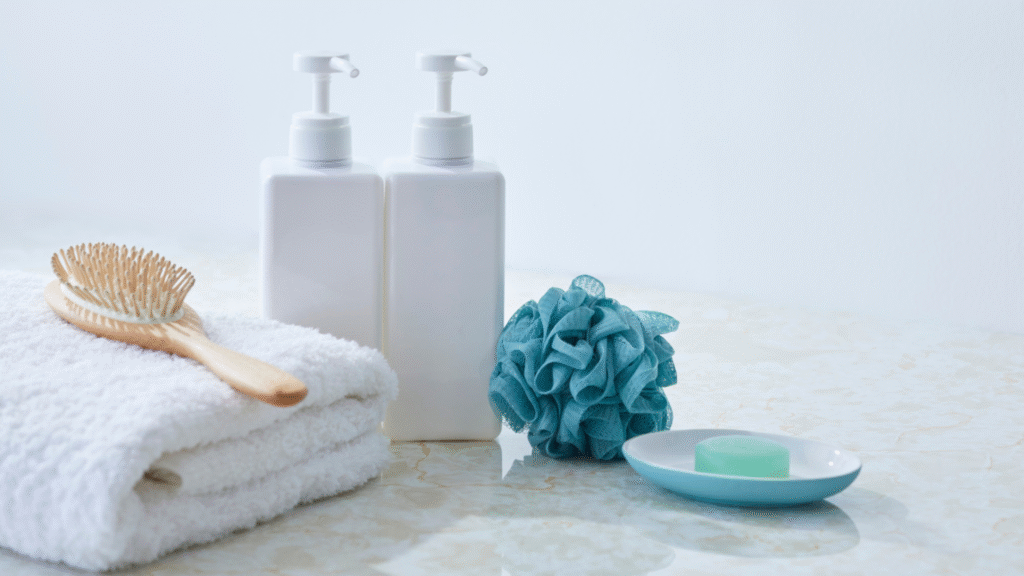“Good hygiene practice isn’t about perfection—it’s about protecting the life you love.”

Discover 10 surprising hygienic practices for health that boost immunity, prevent illness, and improve overall well-being. Simple yet powerful habits for a healthier life.
Table of Contents
- Why Hygiene Matters More Than You Think
- Practice #1: Start With Clean Hands – The Right Way
- Practice #2: Change Your Toothbrush Regularly
- Practice #3: Wash Reusable Water Bottles Daily
- Practice #4: Don’t Ignore Ear Hygiene
- Practice #5: Disinfect Your Smartphone Frequently
- Practice #6: Proper Food Handling and Storage
- Practice #7: Air Out Your Bedding Weekly
- Practice #8: Keep Your Nails Short and Clean
- Practice #9: Maintain Oral Hygiene Beyond Brushing
- Practice #10: Sanitize Grocery Bags and Keys
- Final Thoughts: Small Habits, Big Impact
- FAQs
Why Hygiene Matters More Than You Think
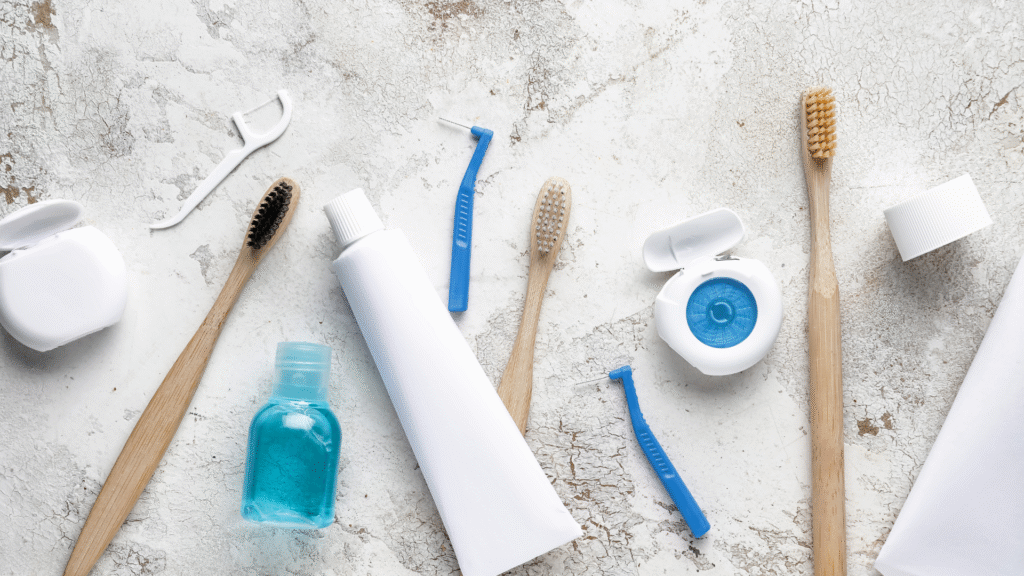
When you hear “hygiene,” what is the first thing that comes to mind? Probably washing your hands or brushing your teeth, right? But here’s the truth: good hygiene goes far beyond the basics—and the smallest habits can make the biggest difference to your health, and on the other hand, the smallest mistake can cause a lot of trouble.
Think about it. How many times a day do you touch your phone, sip water from your bottle, or toss your grocery bags on the counter without a second thought? These little moments matter more than you think.
Today, we’re diving into 10 hygienic practices for health that most people ignore—but shouldn’t because they are more important than we think. They’re simple, practical, and can protect you from illnesses you didn’t even know you were at risk for, and you feel healthy with the feeling of refreshment.
Practice #1: Start With Clean Hands – The Right Way
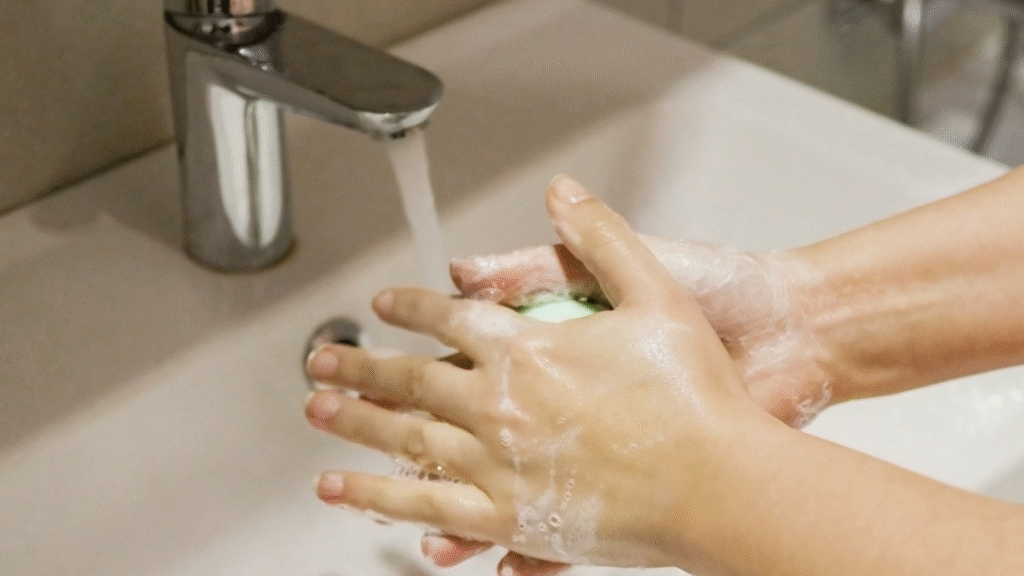
We all know washing hands is important before anything, especially before eating, but are you doing it properly? Most people wash for just a few seconds and think it’s enough. It’s not.
Here’s the right way:
- At least for 20 seconds, scrub with soap (sing “Happy Birthday” twice if you need a timer).
- Rinse thoroughly front and back under running water.
- Dry your hands properly—damp hands spread germs faster than dry ones.
If soap isn’t available, use a sanitizer with at least 60% alcohol.
✅ Personal Note: I used to skip handwashing before snacking at work—until one winter I caught a nasty stomach bug. Never again!
Practice #2: Brush Your Teeth Regularly
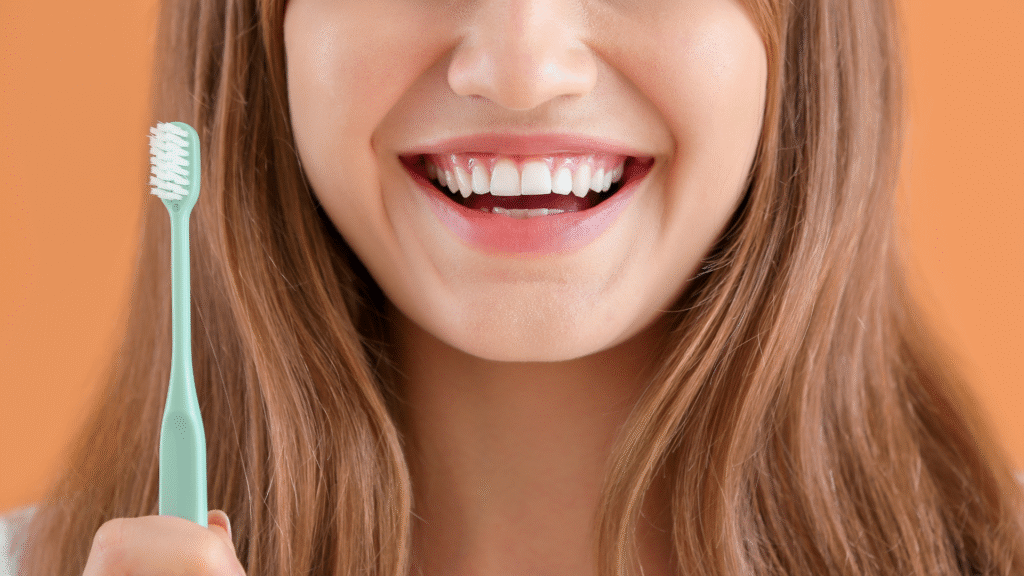
Here’s a shocking fact: your toothbrush can harbor millions of bacteria after a few weeks. If you’re still using that same brush from last year, it’s like asking to get ill. You are basically brushing your teeth with a germ party, which causes troubling illness later, especially cavities.https://heathyhabit.online/
Rule of thumb: Replace your toothbrush every 3 months, or sooner if the bristles look frayed.
💡 Pro Tip: Store it upright and let it air-dry. Don’t immediately cover it with a cap—bacteria love damp environments.
Practice #3: Wash Reusable Water Bottles Daily
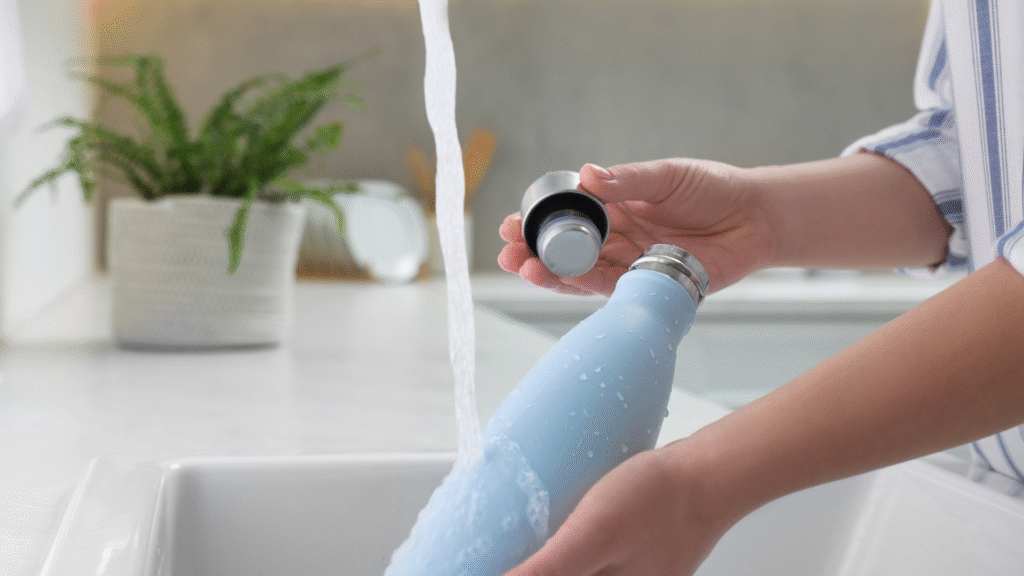
Reusable bottles are amazing for reducing plastic waste—but they can also become a breeding ground if you don’t clean them daily. It’s important to at least rinse them daily to avoid unnecessary troubles.
Just think about it: warm water, a tight lid, and leftover droplets. This combination is a perfect germ spa.
Simple Fix:
- Every day, wash them with hot soapy water.
- For a deep cleaning, wash them with vinegar or baking soda once a week.
Practice #4: Don’t Ignore Ear Hygiene

Most of us think cleaning ears means cotton swabs, but that’s actually harmful and can be infectious. Swabs push wax deeper, which can cause serious problems like blockages and even infections.
Better option:
- Naturally, let your ears clean themselves.
- Use doctor-recommended ear drops if wax buildup bothers you.
- Never insert anything deep into your ear canal.
Practice #5: Disinfect Your Smartphone Frequently
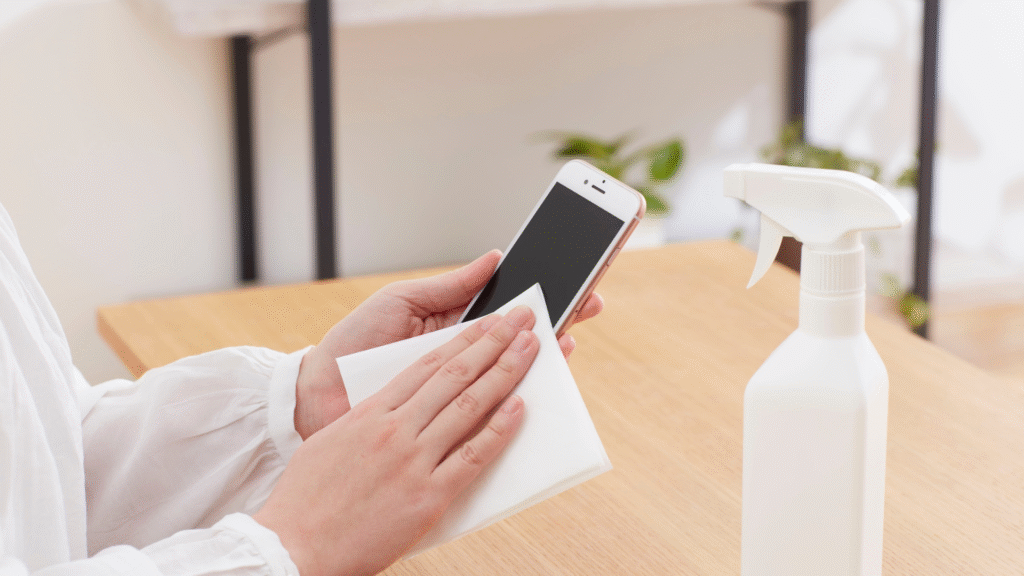
Ready for a gross truth? Your phone has 10 times more bacteria than a toilet seat. Yep, you read that right, it is really shocking, I knew it too. And we touch it hundreds of times a day, even while eating,+ just imagine how many germs are enjoying their stay on it.
Quick Routine:
- Wipe your phone daily with an alcohol-based disinfectant wipe. It’s important.
- Don’t forget the case—it’s just as dirty!
Practice #6: Proper Food Handling and Storage
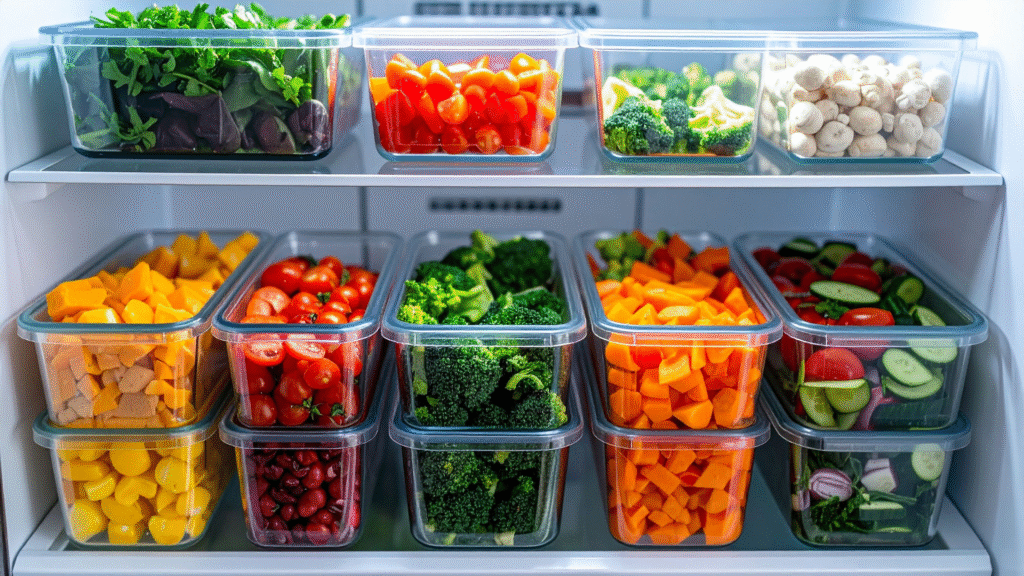
Good hygiene in the kitchen isn’t just about washing hands—it’s about preventing cross-contamination and keeping food safe. Make sure to clean everything after finishing cooking, and if possible, clean before starting to make it more hygienically clean.
Do this every time:
- Wash fruits and veggies before eating and cutting.
- Store raw meat separately from ready-to-eat items because it smells.
- Never leave cooked food at room temperature for more than 2 hours becauseit spoils very quickly and sometimes smells, so we have to waste it.
Practice #7: Air Out Your Bedding Weekly

Your bed is cozy—but it’s also home to dust mites, sweat,S andbacteria. Due to them, sleeping sometimes becomes worse we won’t even be able to sleep properly. Not airing it out can lead to allergies and skin issues.
Healthy habit:
- Change pillowcases and sheets weekly.
- Air out your mattress once a month by removing covers for a few hours, if possible, and placing it in the sunlight is more effective.
Practice #8: Keep Your Nails Short and Clean
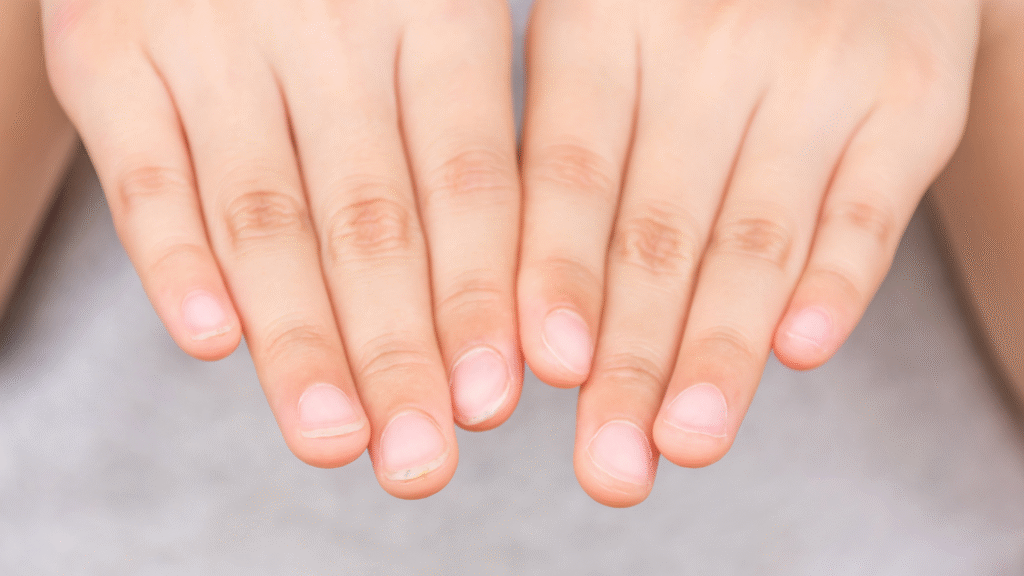
Long nails trap dirt and bacteria that can transfer to your mouth or food during eating, as well as while cooking.
Solution:
- Trim nails every 1–2 weeks.
- Use a soft brush to clean underneath daily.
Practice #9: Maintain Oral Hygiene Beyond Brushing
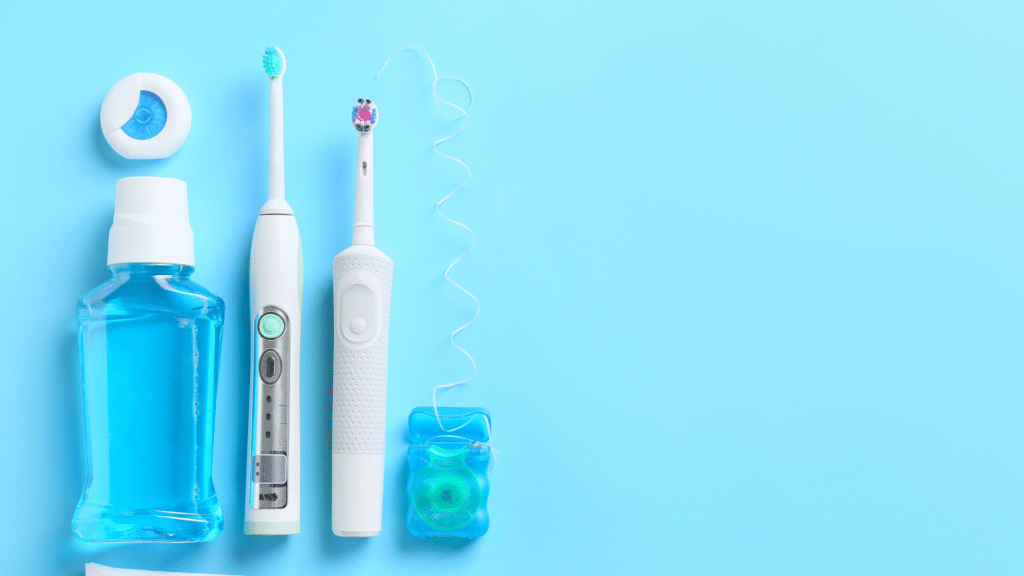
Brushing is good—but it’s not enough. Food particles stuck between teeth can cause decay and bad breath.
Go the extra mile:
- Floss daily.
- Rinse with antibacterial mouthwash.
- Stay hydrated to keep saliva flowing (nature’s best cleanser).
Practice #10: Sanitize Grocery Bags and Keys
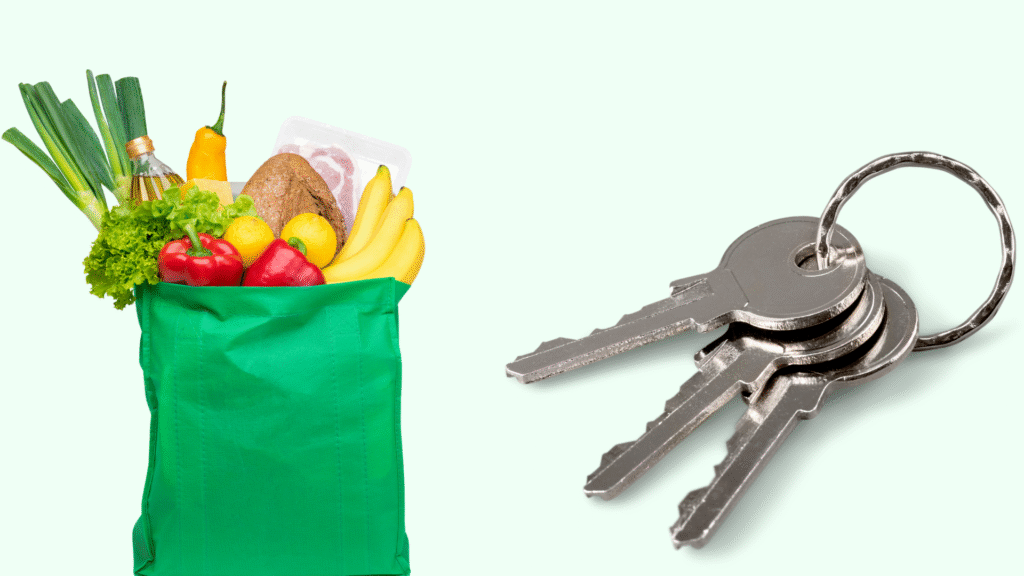
Reusable grocery bags and keys pick up dirt and germs from every surface they touch—but most people never clean them or make a set of seven bags for daily use and wash them all at once during weekends, if you’re too lazy to do it every day.https://www.healthdirect.gov.au/
Quick Fix:
- Wash fabric bags in hot water weekly.
- Wipe keys with disinfectant wipes regularly.
Final Thoughts: Small Habits, Big Impact
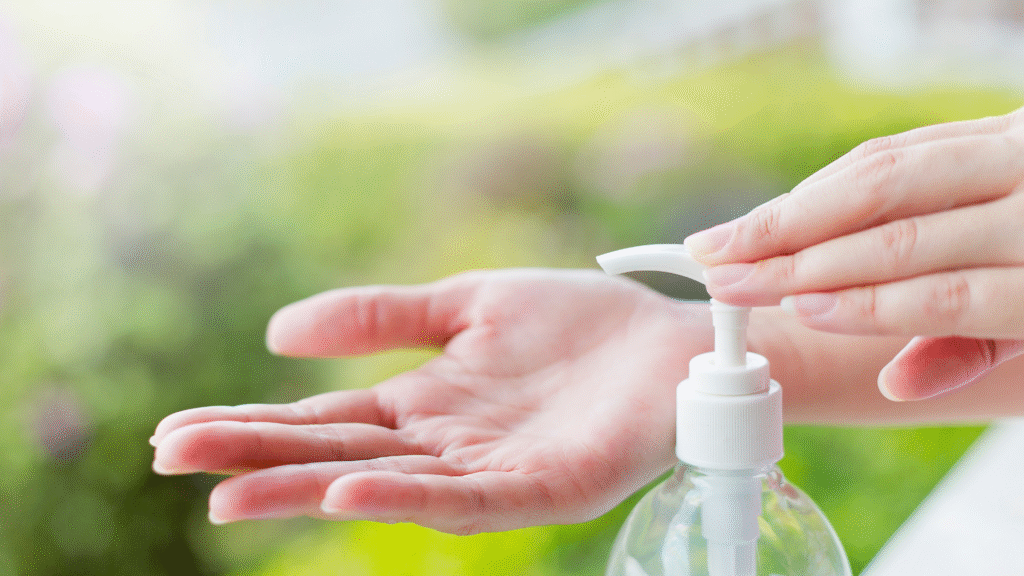
When it comes to health, tiny habits lead to big changes. And it’s very good to have these tiny and useful habits because we can keep ourselves healthy and clean without doing anything special. These hygienic practices for health don’t require fancy products or expensive routines—they just need awareness and consistency. Start with one habit today, then add another. Before you know it, you’ll feel the difference.
Remember: Cleanliness isn’t about being perfect—it’s about protecting yourself and those you love.
FAQs
1. What are the most important hygiene practices for health?
Handwashing, oral care, cleaning personal items, and safe food handling are key.
2. How often should I clean my water bottle?
Daily washing with warm, soapy water is best.
3. Do I really need to disinfect my phone?
Yes, once a day—especially after being in public places.
4. Should I use cotton swabs to clean ears?
No, they can push wax deeper and cause harm.
5. How often should I change my toothbrush?
Every 3 months or when the bristles start wearing out.
Featured Image Suggestion:
A bright flat-lay photo showing hygiene essentials: soap, sanitizer, toothbrush, clean towels, and a phone wipe.
